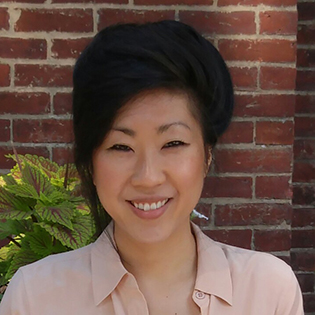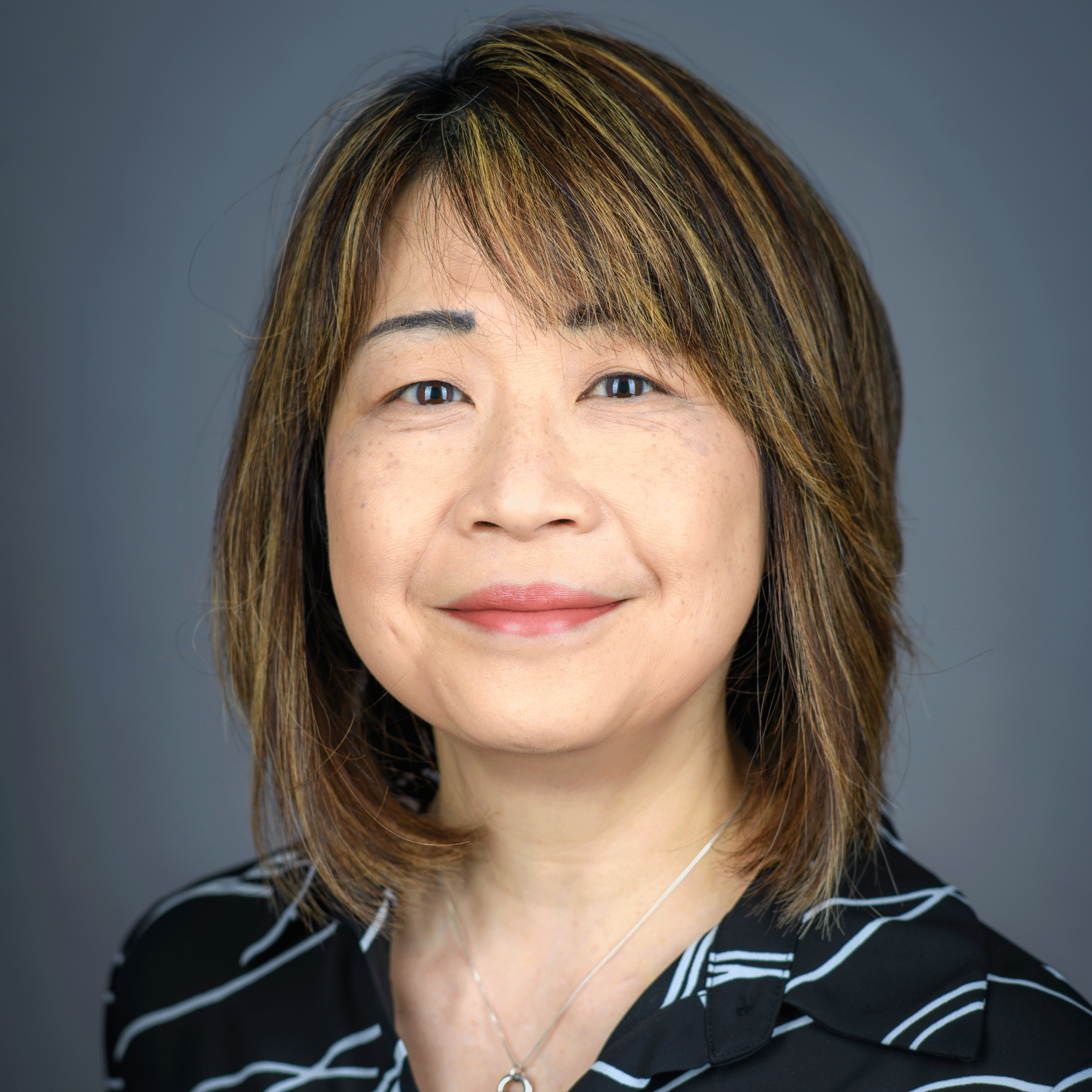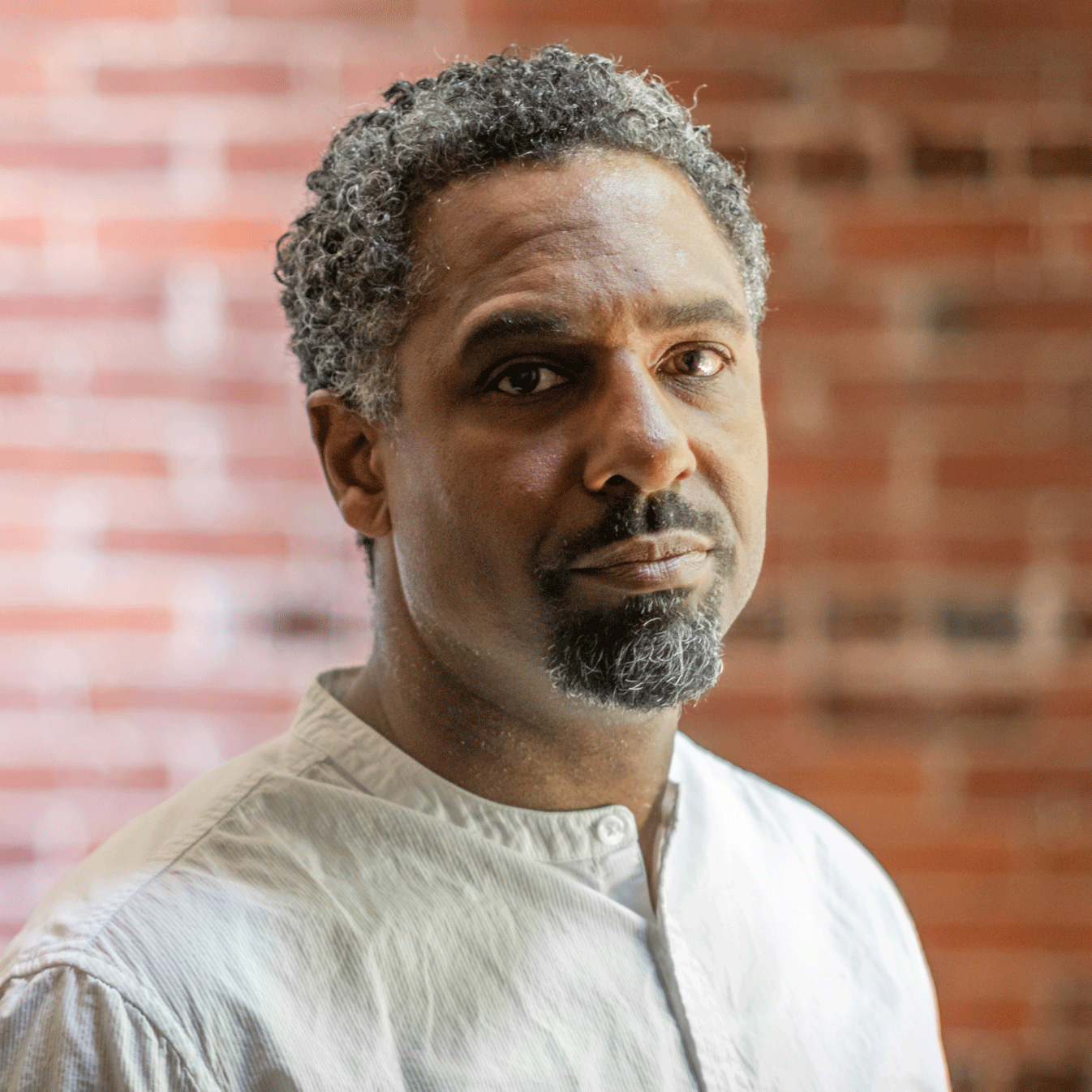10 years of collaborating at the ‘intersections of race, gender, and geopolitics’

Affiliated faculty and former directors of the Center for Gender, Race, and Area Studies (CGRAS) reflect on its accomplishments since its founding in 2014.
Jie Park, former director (2018-23); associate professor of education
CGRAS has served as an incubator and hub for curricular diversification and decolonization. Since the Center’s inception, which can be credited to student and faculty activism, CGRAS has been committed to creating new, and sustaining existing, educational spaces characterized by interdisciplinarity and intersectionality. This has been accomplished through curricular initiatives in partnership with the dean of the college (e.g., Clark Commons), through programming for students, faculty, and staff (e.g., Difficult Dialogues on Diversity, Equity, and Inclusion; student research talks), and through faculty development and community-building (e.g., brown bag, antiracist praxis groups).

Betsy Huang, former director (2017-19); professor of English; Clark’s first director of the Office of Diversity and Inclusion, who spearheaded efforts (2013-16) to establish CGRAS
CGRAS built a solid foundation for its community of faculty and students who work in the intersections of race, gender, and geopolitics. The Center’s faculty brown-bag luncheons and the “Talking Syllabus” series fostered collaborations and provided vital spaces for faculty and students to share research and pedagogies.
Ousmane Power-Greene, involved in efforts to found CGRAS; E. Franklin Frazier Chair of Africana Studies and professor of history

CGRAS students and faculty have been the core figures in pushing the University to take seriously the ways inequities and inequalities based on various identities have undermined the day-to-day experiences of all students. They have taken on leadership roles in the senior leadership team and brought this perspective to the University’s strategic plan. They have shaped the Office of Diversity and Inclusion’s vision and programming. Faculty in CGRAS-affiliated programs have worked with local and national government agencies, non-profits, and K-12 institutions — public and private — to support teacher and student dialogue around Black Lives Matter and the #metoo movement. Both are major contemporary social movements that have changed American society and shaped global social movements around police violence, racism, sexism, and gender identity-based discrimination. One need only look at the on-campus and off-campus programs and people affiliated with CGRAS for specific evidence that attest to this work.


